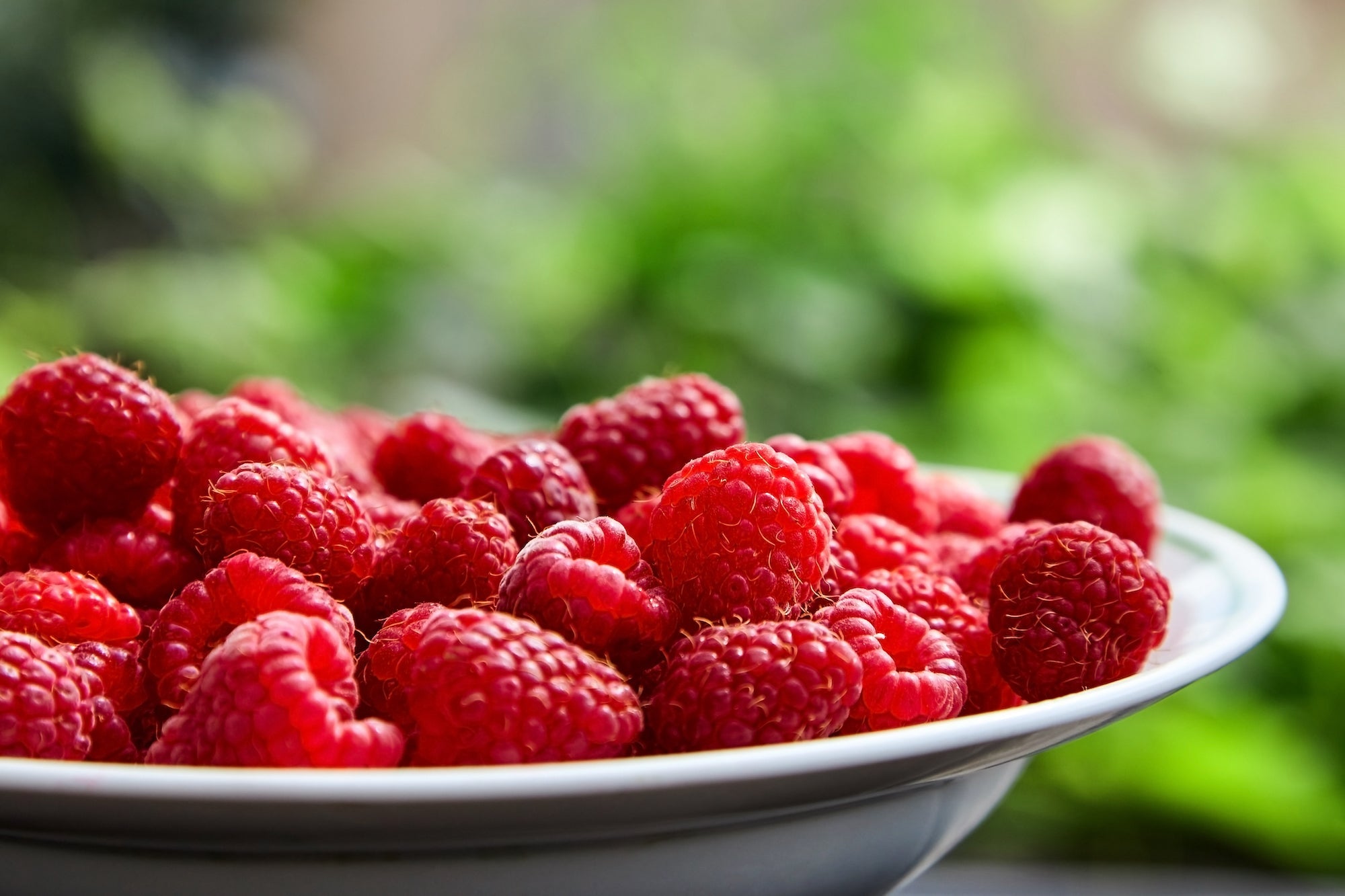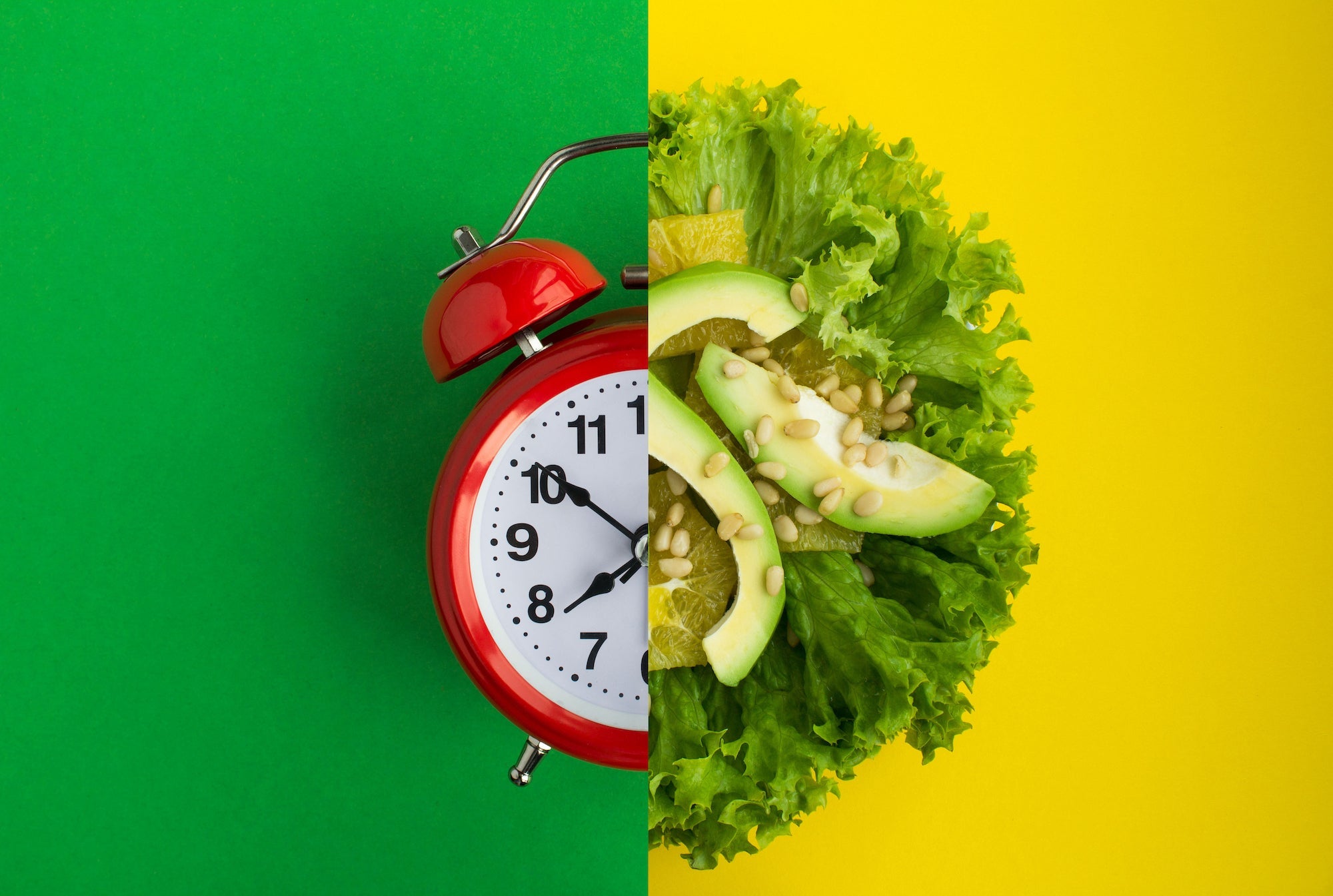Is coffee good for your brain, or just a front-row seat on the caffeine rollercoaster?
Like the art of crafting the perfect cup, the neuroscience behind coffee’s impact on your mental performance and long-term brain health is equally complex and polarizing.
Some health experts say you should drink less than three cups of coffee per day if you want max energy minus the jitters. Yet others recommend doubling that amount to ward off cognitive decline and neurodegeneration.
So which advice should you follow?
We’re diving into the research to help you decide what’s best for your noggin. And we’ll start by exploring:
What’s Actually Brewing In Your Cup of Coffee?
Coffee is the second most popular beverage in the world (after water), with estimates clocking coffee consumption at roughly two billion cups per day.[*]
There are over a thousand chemicals and bioactive compounds in your cup of Joe, many of which form during the roasting or steeping process.[*] But two play key roles in how coffee affects your brain:
The Short-Term Perks of Caffeine
Whether you’re a fan of instant coffee, pour-overs, or straight-up espresso, coffee’s probably your jam thanks to the jolt of energy it delivers. That’s all caffeine.
Caffeine is a naturally-occurring nootropic and nervous system stimulant. It works by blocking adenosine receptors in your brain.
Adenosine is a neurotransmitter that encourages you to relax and helps regulate your sleep. But when your brain senses distress, adenosine lets your “fight or flight” stress hormones and neurotransmitters prepare your body to punch that threat in the face or flee from it.[*]
Caffeine whispers the secret password that unlocks our adenosine receptors and tricks our brains into game-on mode. Our heart rate increases, our blood pressure rises, and our brains release:[*][*][*][*][*]
- Norepinephrine, adrenaline, and cortisol to boost our focus, attention, and energy levels.
- Dopamine to enhance our motivation and support various cognitive functions.
- Acetylcholine to escalate our memory, concentration, and mental task performance.
Since our primal wiring doesn’t know the difference between a battle in the boardroom and a rumble in the jungle, we can use these surges to our advantage. These short-term caffeine brain effects help us:[*][*][*]
- Improve executive functioning and cognition
- Increase our work efficiency by speeding up information processing and shortening our reaction times
- Counteract fatigue, drowsiness, and sleep deprivation
These perks are stellar for short-term mental gains. But there’s even better news:
The Long-Term Benefits of Caffeine
Scientists say regular caffeine consumption (and higher concentrations of those specific “fight or flight” neurotransmitters) may help us maintain our cognitive function as we age and prevent cognitive decline.[*]
In one study of patients with mild cognitive impairment, those with the lowest caffeine levels in their blood later progressed to dementia. Yet those with higher levels either reduced their risk of dementia or significantly delayed its onset.[*]
Encouraging the release of more dopamine via caffeine may also help people with Parkinson’s disease. Researchers believe this neurodegenerative condition may be caused by the massive death of neurons that release dopamine and control movement.[*]
Studies show that giving Parkinson’s patients adenosine receptor blockers (like caffeine) may alleviate disease symptoms.[*]
But there’s more to coffee’s superpowers than caffeine.
The Power of Antioxidants and Polyphenols
Coffee contains antioxidants and polyphenols, which are types of anti-inflammatory bioactive compounds. They neutralize and scavenge free radicals that cause oxidative damage to our cells.
Our brains are very susceptible to inflammation and oxidative stress. This damage can lead to an inability to focus, memory loss, and mental health troubles. Scientists even believe it’s a major driver of neurodegeneration.[*]
But antioxidants and polyphenols can help fight off harmful free radicals, combat oxidative stress, and prevent free-radical production.[*][*] They’re among the best natural brain health supplements.
That’s why experts recommend loading up on antioxidant-rich foods from the MIND Diet, like berries, cruciferous veggies, and extra virgin olive oil. Yet researchers say the largest chunk of our antioxidant/polyphenol intake comes from coffee.[*]
Luckily, the chlorogenic acid found in a cuppa is one of the most powerful anti-inflammatory and antioxidant compounds for our brains.[*] It neutralizes free radicals and offers a protective effect for our neurons.[*][*]
One study even revealed that the plethora of antioxidants in instant coffee shields us from certain oxidative stress biomarkers that would normally harm our noggins.[*]
So How Is Coffee Good for Your Brain?
Many scientists agree that coffee is a reliable compass on our path to sharper, healthier minds. Coffee drinking can improve our cognitive abilities as we age and our overall well-being and emotional balance.
Here’s what the research shows:
Coffee May Reduce Your Risk of Cognitive Decline
Studies show that regular coffee intake may preserve brain function and lower the risk of neurodegenerative conditions like Alzheimer’s and Parkinson’s diseases.[*]
According to research:
- People who drank three to five cups of coffee per day at midlife had a 65% lower risk of dementia and Alzheimer’s disease later in life compared to those drinking no or little coffee over a 21-year study.[*]
- When older men consumed three cups of coffee daily, they experienced a four-fold decrease in cognitive decline than those consuming the least amount of coffee over 10 years.[*]
- Coffee drinkers have a 30% lower risk of developing Parkinson’s than non-coffee drinkers. Male non-coffee drinkers have a three- to five-fold higher risk of developing Parkinson’s than daily coffee drinkers.[*][*][*]
- Women over 65 who consume three cups of coffee or more experience a significantly lower rate of speech deterioration and memory function compared to women who consume one cup of coffee daily or abstain.[*]
Considering that we don’t have a cure for Alzheimer’s or Parkinson’s, preventing, delaying the onset, and slowing the progression of these conditions should be priority #1 today.
Coffee May Promote Good Mental Vibes
Caffeine intake promotes the release of feel-good neurotransmitters like dopamine and serotonin. These skyrocket feelings of pleasure and well-being, which may rewire your brain for wellness and foster a greater sense of happiness.
That’s why studies demonstrate regular caffeinated coffee consumption:[*][*][*][*]
- Improves mental health
- Boosts moods
- May prevent or provide relief from depression
- Lower the odds of symptoms from anxiety
Plus, coffee can be a beneficial social experience. Whether you’re meeting up for lattes at your favorite cafe or holding virtual coffee breaks with your coworkers, it provides a link to connect, stave off loneliness, and foster a sense of social belonging and support.
Want Clean Instant Coffee for Instant Gains? ⚡
Now that you know about coffee’s health benefits and mental performance gains, you’re probably amped to start or continue your daily java regime.
But what if you don’t have time to brew a whole pot in the morning or on the go to reap these rewards?
IQJOE has you covered.
Our instant coffee delivers long-lasting, lightning-fast perks for your noggin in a sleek, convenient, travel-ready packet. This easy, beneficial brew for your brain health contains:
- Brazilian Coffee for a decadent, aromatic treat for your tastebuds.
- 750 mg Magtein®️ (Magnesium L-Threonate) to elevate your mood and mental performance.
- 250 mg 8X-Concentrated Lion's Mane Extract, an adaptogen that lowers stress and enhances productivity.
- 200 mg Organic Caffeine from Green Coffee for long-lasting, crash-proof, jitter-free energy.
IQJOE packs are also keto, vegan, non-GMO, and gluten-, dairy-, and soy-free. Just add one packet to 8-12 oz. of hot water, stir until dissolved, and blast through your brain fog.
Sugary caffeinated beverages can sabotage your health goals. And pounding energy drinks may cause you to exceed the FDA’s guideline of 400 milligrams of caffeine per day.
But IQJOE supports your energy needs, mental clarity, and wellness goals all in one go.
☕ Try our IQJOE Variety Pack to taste test all four flavors: Original Black, Vanilla Spice, Toasted Hazelnut, and Caffè Mocha.
Elevating Cognitive Health with Every Sip
If our brains were race cars, coffee would be the premium fuel we use to fill up our tank before revving up our engines and at every pick-me-up pit stop.
The stimulating effects of coffee give us a short-term brain boost. And its neuroprotective benefits may ensure we keep those cognitive engines firing on all cylinders well into our golden years.
🧠 Nurture your noggin with the IQBAR Ultimate Sampler! It’s the smartest way to try every IQBAR, IQMIX, and IQJOE flavor to stoke your mental and physical wellness.
Written by Lauren Ciccarelli, a writer and research geek passionate about low-carb nutrition, mental health, and meditation. Her 2,500+ articles empower doers with science-backed tips for leveled-up living.


